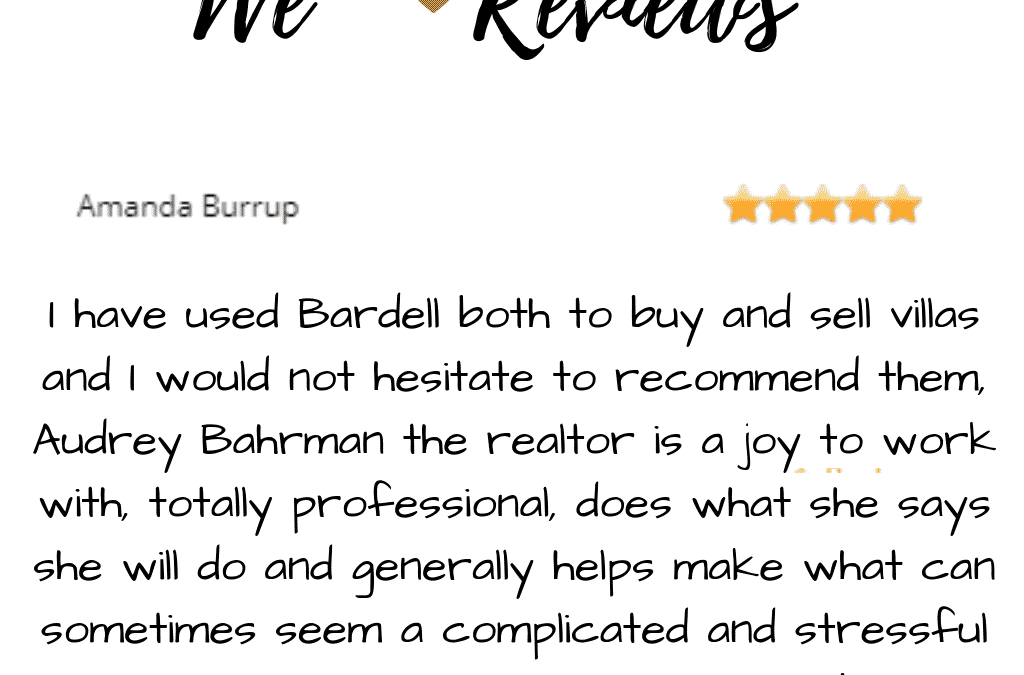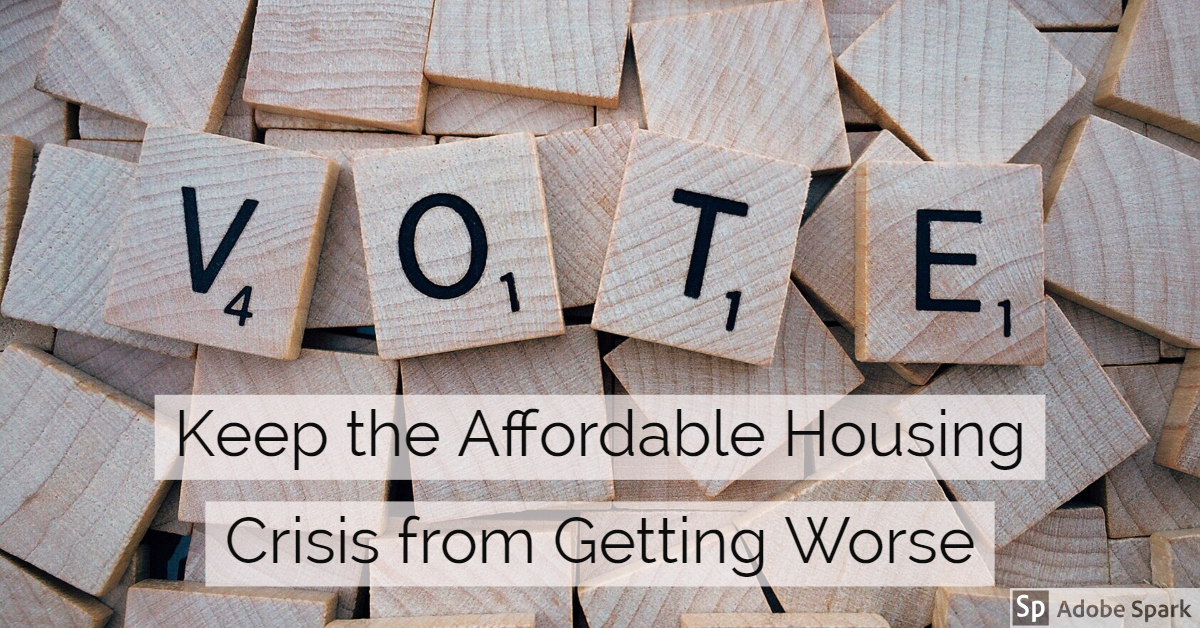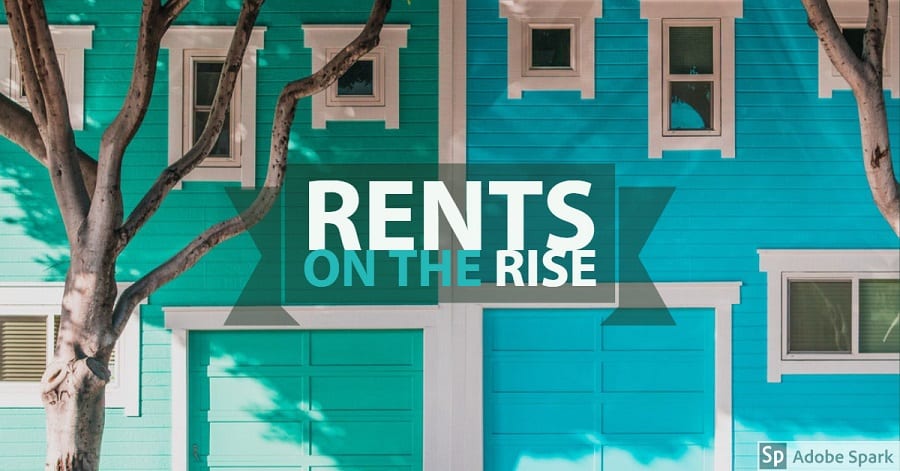
by Elsa Soto | Sep 9, 2019 | Blog, Buyers, Homeowners, Homes, Villas and Condos, Investment Property in Florida, Mortgages, New Construction, News, Press Releases, Renters, Sellers, Testimonials
Originally from the UK, Audrey moved to the Four Corners/Disney area in 1994. Primarily from a banking background, she joined the Bardell Real Estate ‘family’ as a licensed Realtor in February 2003 and prior to this was Branch Operations Manager and loan officer for a local bank.
“I love meeting new people and helping them to achieve their goals – I listen to my clients wants & needs and strive to find the ideal property to fit their personal circumstances. I believe knowledge is power and I share my knowledge and experience to enable my clients to make informed decisions. Seeing the happy faces of my clients when they buy their dream home never gets old for me and my relationship with them does not end at point of sale – my door is always open to help in any way I can”.
Audrey knows and has experienced it all, whether it be navigating the way for a buyers first home purchase, assisting investors with the perfect distressed property, or providing her knowledge in the luxury real estate market.
Audrey’s “no task is too big or small” outlook makes her an asset to Bardell Real Estate, and a STRONG leader in the Orlando Market!
Ready to make a Move?
We are experts in helping you with your selling, buying or renting needs near Orlando, Florida. Make your Disney area experience a forever memorable one. Call us now to speak to a real estate agent.

by Elsa Soto | Sep 2, 2019 | Blog, Buyers, News, Renters
-
Tax benefits. The U.S. Tax Code lets you deduct the interest you pay on your mortgage, your property taxes, and some of the costs involved in buying a home.
-
Appreciation. Historically, real estate has had a long-term, stable growth in value. In fact, median single-family existing-home sale prices have increased on average 5.2 percent each year from 1972 through 2014, according to the National Association of REALTORS®. The recent housing crisis has caused some to question the long-term value of real estate, but even in the most recent 10 years, which included quite a few very bad years for housing, values are still up 7.0 percent on a cumulative basis. In addition, the number of U.S. households is expected to rise 10 to15 percent over the next decade, creating continued high demand for housing.
-
Equity. Money paid for rent is money that you’ll never see again, but mortgage payments let you build equity ownership interest in your home.
-
Savings. Building equity in your home is a ready-made savings plan. And when you sell, you can generally take up to $250,000 ($500,000 for a married couple) as gain without owing any federal income tax.
-
Predictability. Unlike rent, your fixed-rate mortgage payments don’t rise over the years so your housing costs may actually decline as you own the home longer. However, keep in mind that property taxes and insurance costs will likely increase.
-
Freedom. The home is yours. You can decorate any way you want and choose the types of upgrades and new amenities that appeal to your lifestyle.
-
Stability. Remaining in one neighborhood for several years allows you and your family time to build long-lasting relationships within the community. It also offers children the benefit of educational and social continuity.

by Elsa Soto | Mar 5, 2019 | Blog, Homeowners, News, Real Estate News, Renters
How To Avoid Getting Scammed When Renting An Apartment
Especially if you live in a big city, navigating the apartment rental market is tricky. Where you end up living is largely based on luck — being in the right place at the right time with the right agent — but there are things you can do to prepare and protect yourself. Real estate agent Jesse Shafer of the Shafer-McHale team at Compass tells us how to spot a good listing, find a good landlord, and negotiate a fair contract.
Preparation
If you’re more than two months away from your planned move-in date, it’s likely too early to start looking at an apartment because most of the listings you’re seeing will be gone by the time you’re ready to move. You can probably hold off on your search until a few weeks before your move-out date. “I’ve seen people start looking for a home days before it was time for them to move and they were still able to find something great,” says

Shafer. In the meantime, start doing your homework. You’ll be expected to provide financial documentation — tax forms, pay stubs, or a note from your employer that verifies your income — that demonstrates your financial stability. Basically, prospective landlords want to know that you’ll be able to pay the rent on time. Having these documents will also help you determine how much rent you can actually afford to pay — you should only be spending about 30% of your income on rent. Remember that you will also need to have enough saved to cover first month’s rent, a security deposit, and moving fees.
Listings
It can be difficult to determine what’s worth seeing when you’re slogging through hundreds of online listings, but you can tell a lot from the photos. If the window treatments are down, for example, Shafer says there’s probably a bad view. Close-up artist shots are usually a sign of a tiny apartment. Computer renderings or highly polished photos are also a red flag: “If the photos for a $2,500 apartment look like they were torn from the pages of Architectural Digest, the listing is probably fake” or at least misleading, says Shafer. Before you meet with the listing agent, verify everything described: Ask about concessions, fees, and amenities. There’s typically no consequences for not being totally truthful, so even well meaning agents can be tempted to fudge the details to get prospective renters in the door. “The general rule of thumb is if something seems too good to be true, it probably is,” says Shafer. It’s a good idea to keep all of your correspondence over text or email so you have proof if they try to go back on their word.
Viewing
A pretty apartment can distract you from serious issues, but this is the time to go over the apartment with a fine-tooth comb. Is there a working outlet in every room? How’s the water pressure? Do the heating or cooling systems run properly? You should request any fixes or renovations before you put down a deposit; it can get a lot more difficult to get what you want after they have your money. “You can’t be afraid to

be pushy,” says Shafer. “If you don’t ask, you don’t get.” No matter how perfect the apartment is, you don’t want to get involved with a landlord that has been taken to court or has any housing code violations — your city’s Department of Building should have this information available on their website. In less serious cases, high turnover rates or negative articles are both signs of underlying issues. You can also look the management company up on Yelp or Better Business Bureau to find out how their tenants feel. Even if you don’t find anything, try to meet potential landlords in person so you can assess for yourself whether they’re trustworthy and reliable. If that’s not an option, pay attention to the state of the building itself. “If the communal areas are clean and well-lit, those are signs of good management,” says Shafer.
Signing
Don’t let your eagerness get the best of you right at the finish line! Whatever is written in the lease is what really matters, so pay attention. Check for a clause that states what utilities you are responsible for paying directly and read the riders at the end carefully — in addition to building-specific rules, they should also include any verbal agreements. “The lease should be reflective of everything you’ve discussed with the agent or landlord,” says Shafer. You’ll typically be expected to put down first month’s rent and a security deposit, but application fees, credit check fees, and security deposits for pets are also common and usually nonnegotiable. “Always pay with a certified bank check because it’s a lot easier to track if something weird happens,” says Shafer.
Source: Emily Shwake, Contributor | Forbes.com
by Elsa Soto | Aug 28, 2018 | Blog, Buyers, Homes, Villas and Condos, Long Term Rental, News, Property for Sale in Orlando, Real Estate News, Renters
Rent Or Buy: Either Way You’re Paying A Mortgage!
 There are some people who have not purchased homes because they are uncomfortable taking on the obligation of a mortgage. Everyone should realize, however, that unless you are living with your parents rent-free, you are paying a mortgage – either yours or your landlord’s.
There are some people who have not purchased homes because they are uncomfortable taking on the obligation of a mortgage. Everyone should realize, however, that unless you are living with your parents rent-free, you are paying a mortgage – either yours or your landlord’s.
As Entrepreneur Magazine, a premier source for small business, explained in their article, “12 Practical Steps to Getting Rich”:
“While renting on a temporary basis isn’t terrible, you should most certainly own the roof over your head if you’re serious about your finances. It won’t make you rich overnight, but by renting, you’re paying someone else’s mortgage. In effect, you’re making someone else rich.”
With home prices rising, many renters are concerned about their house-buying power. Mark Fleming, Chief Economist at First American, explained:
“Over the last three years, renter house-buying power has increased fast enough to keep pace with house price appreciation, so the share of homes that a renter can afford to buy has remained the same since 2015.
Although mortgage rates are expected to rise, they are still low by historic standards, and real household incomes are the highest they have ever been. Assuming this trend continues, our measure of affordability, which takes into account income, interest rates, and house prices, indicates that homeownership is still within reach for renters.”
As an owner, your mortgage payment is a form of ‘forced savings’ which allows you to build equity in your home that you can tap into later in life. As a renter, you guarantee the landlord is the person building that equity.
Interest rates are still at historic lows, making it one of the best times to secure a mortgage and make a move into your dream home. Freddie Mac’s latest report shows that rates across the country were at 4.51% last week.
Bottom Line
Whether you are looking for a primary residence for the first time or are considering a vacation home on the shore, now may be the time to buy.
Source: Keeping Matters Current
by Elsa Soto | Aug 2, 2018 | Blog, Buyers, Homes, Villas and Condos, Investment Property in Florida, News, Real Estate News, Renters, Sellers
Everybody is for Amendment 2, Keep the Affordable Housing Crisis from Getting Worse!
As a real estate professional, you know the importance of solving the affordable housing crisis. At the crux of this crisis are cost-burdened home-owners, those who spend 40 percent or more of their household income on rent or a mortgage. State decision-makers, local community action groups and individuals are all working to help neighbors like these make ends meet. In the meantime, there’s something Florida voters can do to help the housing crisis from getting worse: vote “yes” on Amendment 2 this November.

What’s at Stake?
A decade ago, Florida voters approved a law that placed a 10 percent cap on annual property tax increases for non-homestead properties, including home and apartments rentals, business and commercial parcels, and vacant lots.
Because of that protective tax cap, apartment complexes and landlords are better able to predict their budgets, which allows them to keep their rental rates as close to the previous year as possible. This encourages renters to stay and, hopefully, to save money for a down payment on a home.
How Will ‘Yes’ Help?
If Florida voters don’t act, this beneficial tax cap will expire this year. Before Florida voters approved the cap in 2008, 30 perfect of non-homestead properties were hit with an 80 percent tax increase in just one year. And, nearly three out of four non-homestead properties suffered a more than 10 percent annual tax increase.
Put simply, prior to the cap becoming law, the tax system in Florida was unfair, literally punishing non-homestead property owners and those renting from them.
If Amendment 2 fails, $60 billion in property value will not be protected, allowing rental rates to spiral out of control. The housing shortage in Florida will become worse, forcing current residents to seek homes and jobs out of the state. Seniors living on fixed incomes who pay to live in a dependent living facility will be especially devastated.
Voting “yes” on Amendment 2 this November will make that tax cap permanent, helping to protect all Floridians and giving the state the time it needs to address its affordable housing crisis.
Want to see who is going to be affected and where in Florida? Click Here to view the map! Ready to take the plunge and purchase your very own Central Florida Home? Contact us today and one of our experienced agents will happy to help answer any questions you have about the buying process.

by Elsa Soto | Jul 11, 2018 | Blog, Investment Property in Florida, Long Term Rental, News, Real Estate News, Renters
 ORLANDO, Fla. – July 10, 2018 – A RentCafe study that looked at average rents in many Fla. cities found that Hollywood (up 9.6 percent) and Orlando (up 8.4 percent) had the greatest year-to-year increases. Out of 19 Fla. cities included in the study, only Davie saw a year-to-year decrease (down 0.3 percent).
ORLANDO, Fla. – July 10, 2018 – A RentCafe study that looked at average rents in many Fla. cities found that Hollywood (up 9.6 percent) and Orlando (up 8.4 percent) had the greatest year-to-year increases. Out of 19 Fla. cities included in the study, only Davie saw a year-to-year decrease (down 0.3 percent).
However, the study suggests that Davie’s average rents may be turning around. The month-to-month stat finds that they increased 0.3 percent in June. On the flipside, Coral Springs, which saw a 1.9 percent yearly increase in average rents, was the only Fla. city in the study to see rental prices decrease month-to-month in June (down 0.3 percent.)
The overall average rents for the study included studio, one-bedroom and two-bedroom apartments, which did not necessarily move the same amount. In Hollywood, for example, a one-bedroom apartment rose an average 7.1 percent year-to-year, while the average two-bedroom rose 10.9 percent.
Nationally, rents in the 250 largest U.S. cities rose 2.9 percent and reached an all-time high of $1,405. In Florida, average rents ranged from $1,018 in Lakeland to a high of $1,861 in Fort Lauderdale.
For a complete list of the 19 cities – average city rental prices by number of bedrooms plus month-to-month and year-to-year changes – visit RentCafe’s website. To view cities within the state, select “Florida” in the chart at the bottom of the page.
© 2018 Florida Realtors®








